This project aims to strengthen media literacy skills among students from the Western Balkans by equipping them with the knowledge and tools to combat disinformation. Through a summer school program, participants will develop critical thinking skills and create peer-led campaigns that challenge the spread of false information in their communities.
Why Media Literacy Matters
The Western Balkans faces a significant challenge in countering disinformation due to persistently low media literacy levels. This gap makes individuals more susceptible to biased reporting, propaganda, and misinformation, which in turn fuels political and social tensions, undermining democracy and regional stability. Additionally, the region’s media landscape is often criticized for ideological biases, lack of transparency, and susceptibility to political influence—all of which contribute to the unregulated spread of false information.
Project Objectives
The project’s primary goal is to enhance media literacy among young people—students from diverse academic backgrounds across the Western Balkans—enabling them to identify and challenge biases that threaten democratic cooperation, social cohesion, and reconciliation.
A key component of the initiative is the development of public awareness campaigns designed by participants. These campaigns will target online spaces, where disinformation spreads most rapidly, ensuring that young people across the region are better equipped to navigate the digital information landscape.



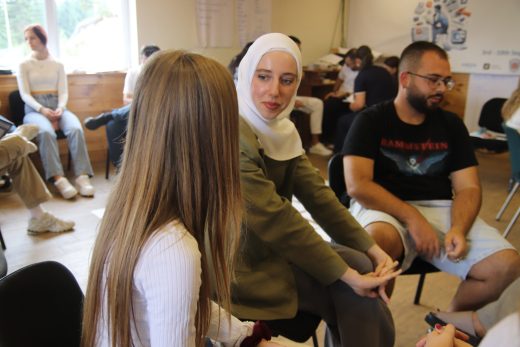
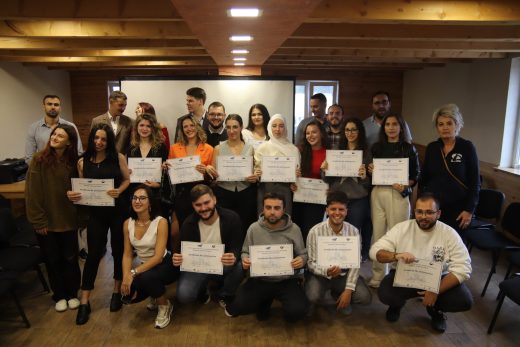
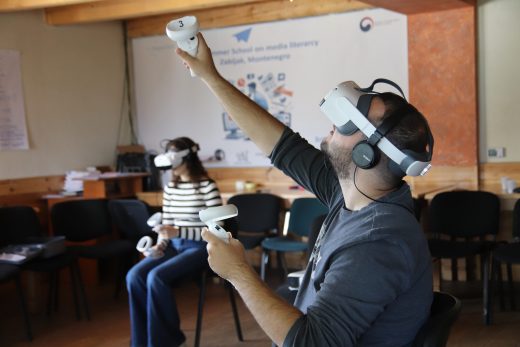
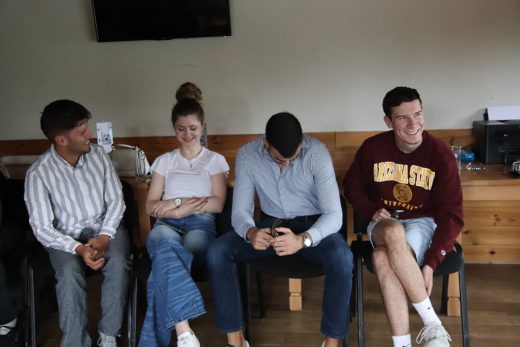
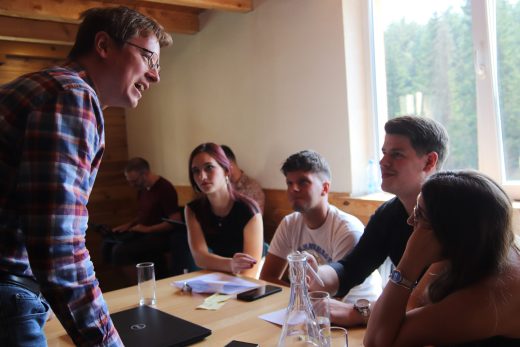 From September 3 to September 10, 2024, a consortium of organizations from the Balkans and Visegrad countries co-organized an engaging Summer School on Media Literacy in the picturesque town of Žabljak, Montenegro. Bringing together 30 young leaders from across the Western Balkans, the program aimed to equip participants with the skills needed to navigate today’s complex information landscape and counter the spread of disinformation.
From September 3 to September 10, 2024, a consortium of organizations from the Balkans and Visegrad countries co-organized an engaging Summer School on Media Literacy in the picturesque town of Žabljak, Montenegro. Bringing together 30 young leaders from across the Western Balkans, the program aimed to equip participants with the skills needed to navigate today’s complex information landscape and counter the spread of disinformation.

